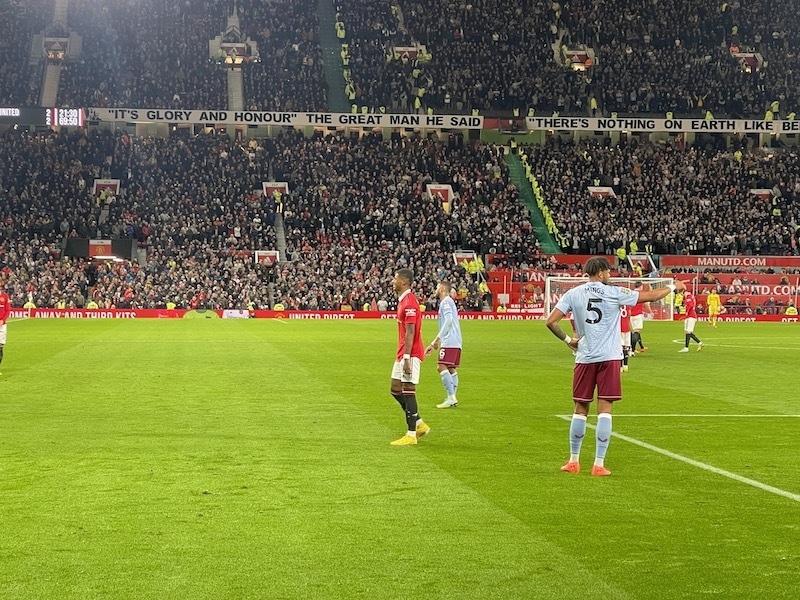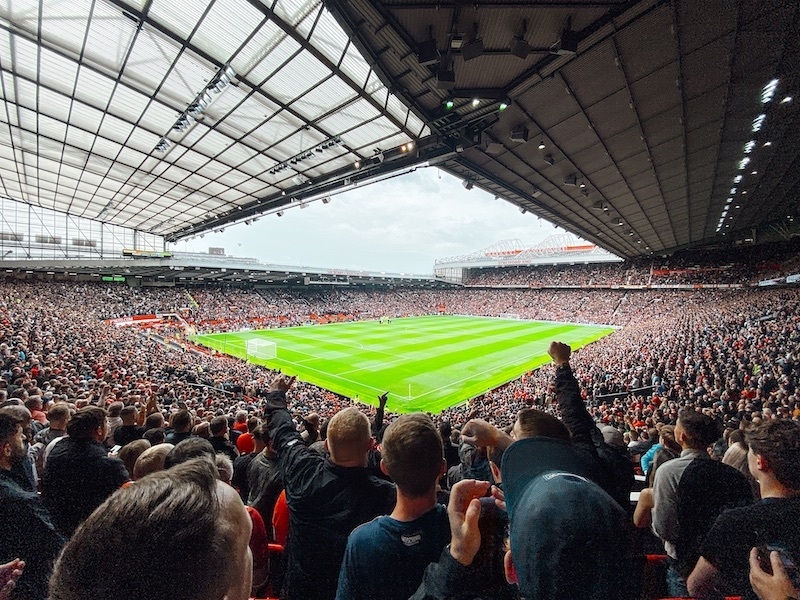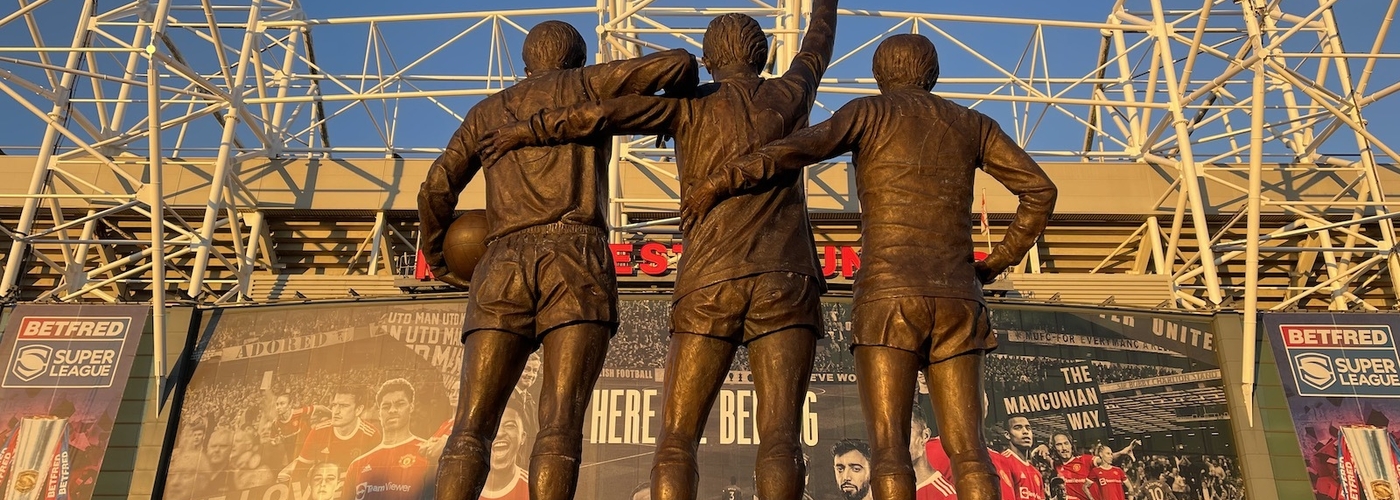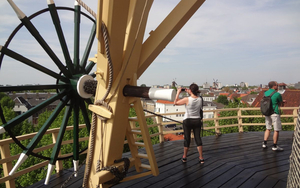Gary James starts a monthly column looking at clubs across the region starting with United
6 minute read
Without focusing on specific results, it’s fair to say United is enjoying an upturn in its fortunes. This season has seen some of the negativity of recent times cast aside as United boss Erik ten Hag has managed to stamp his authority on the Reds.
Players such as Marcus Rashford and Luke Shaw seem revitalised and their contributions are particularly welcome in the stands at Old Trafford.
Players developed via a club’s system, such as Rashford, learn about the club’s ethos and values
Well-known United supporter Pete Boyle is positive about ten Hag and his contribution so far: “I’ve said from the start that I thought he was “the man”. When he came, I spoke with someone who said he was a workaholic. That dedication doesn’t always work of course, but ten Hag has achieved a great deal with the current crop of players in a short period of time. It’s pretty remarkable and I think his loan signing of Wout Weghorst could be a really clever short term signing.”
Beyond the players and manager there also appears to be some positivity at board level where the Glazers, who have controlled the club since 2005, have reportedly expressed a desire to sell the club. Various bidders have been suggested and on 18 January British billionaire (and Manchester United fan) Sir Jim Ratcliffe through his company INEOS officially entered the bidding to buy the club.
Fans hope that whoever takes the club on will try to remember its history and values. Boyle believes that these are important: “Alex Ferguson knew all about our values and helped shape them."
He also thinks that Ferguson was able to maintain United’s challenge despite changes at board level: "Because we had the greatest manager we won stuff despite the Glazers. When we sold Ronaldo back in 2009 it was never invested back into the team.”
There have been trophy successes since Ferguson retired of course, but many fans feel the club’s ownership has had limited success. While the circumstances are different, it’s worth thinking about what occurred back in the 1920s and 1930s when fans wanted the ownership of United to change.
The club was experiencing a period of crisis following the death of John Henry Davies, the United benefactor, in October 1927. In fact, it looked like the Reds would go out of business as the decade progressed. Fans were concerned and, as in recent years, frequently protested against those in charge post-Davies.

There appeared to be a void and the club lurched through a series of financial problems and poor results before local businessman James Gibson was persuaded to get involved. He wasn’t known as a football fan but he saw the potential United offered. At Christmas 1931 he saved the club with a major loan to pay the players’ wages initially, before investing further funds to take control of the Reds.
Under Gibson, United still endured a difficult decade but he invested wisely to create a strong foundation on which to build. One of his main transformations came at youth level where he invested in facilities, the scouting network and established the Manchester United Junior Athletic Club. Gibson’s investment in youth development would prove vital in the growth and success of the Reds in the decades that followed.

As was seen under Alex Ferguson in the late 80s and early 90s and at Manchester City today, youth development takes time, effort and money but the long-term success of investing clubs should become easier to achieve.
Players developed via a club’s system, such as Rashford and Scott McTominay, learn about the club’s ethos and values.
Boyle: “This is important and I think we’ve got our identity back already. One swan doesn’t make a summer but ten Hag is making the players better. I’m confident that ten Hag, with the backing of different owners, could make things really happen. I hear he’s influencing youth development and that can only be a good thing in the long run.”

Gibson demonstrated back in the 1930s that serious investment is usually needed to transform the fortunes of a failing club. Modern United has never dropped as low either financially or performance-wise as the club did back then and any new owner’s task should be simpler, although there are challenges to face.
Pete Boyle: “In 2005 Old Trafford was the best ground in the country. It’s now fallen behind and needs investment. We are still some way off a title challenge in my opinion, though if it happens this year that will be some achievement. Progressing in the cup competitions would be a good step forward.”
United do have a strong base on which sustained success could be built. It will be intriguing to see how things develop both on the pitch and at board level.
About the writer
Gary James is a Mancunian football historian and writer in Greater Manchester. He will be contributing a monthly column focusing on the clubs in the Greater Manchester area. He’ll be mixing modern-day situations while bringing in context.
Read next: Michael Shaw of MUSU restaurant lays down the law
Read again: What to expect in Manchester food and drink 2023
Get the latest news to your inbox
Get the latest food & drink news and exclusive offers by email by signing up to our mailing list. This is one of the ways that Confidentials remains free to our readers and by signing up you help support our high quality, impartial and knowledgable writers. Thank you!
















